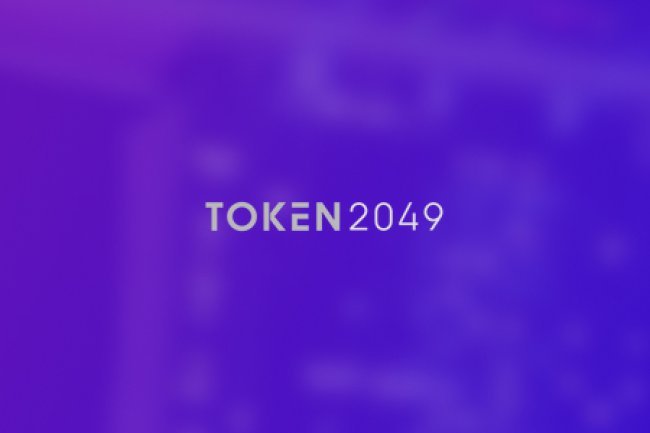Startup Ecosystems in AI: A Practical Guide to Learning and Networking
The tech landscape is rapidly evolving, especially in artificial intelligence (AI). To stay ahead, individuals should engage in hackathons and startup accelerators, which foster innovation and community connections. Learning from active venture funds and industry leaders is crucial for those interested in investing in AI. Participating in global conferences and local tech communities can enhance networking opportunities. Developers and non-developers alike can contribute to the AI sector by identifying unique opportunities and participating in collaborative projects. Luke Kim's experience as an operator and investor highlights the significance of active involvement in the startup ecosystem for achieving success in tech entrepreneurship.

Startup Ecosystems in AI: A Practical Guide to Learning and Networking
The rapidly evolving world of technology is particularly dynamic in the field of artificial intelligence (AI). Staying current with the latest trends and actively engaging in the AI sector is essential for anyone looking to build a career at the forefront of innovation. This guide provides practical steps to enhance your learning and networking opportunities in the startup ecosystem surrounding AI.
Hackathons and Accelerators
Innovations in early-stage technology are often born and refined in hackathons and startup accelerators. These events serve as testing grounds for aspiring founders who believe they have the next big idea or a project worthy of investment. By engaging with early-stage ecosystems, individuals can cultivate a sense of community and understanding among pioneering innovators.
Notable startup accelerators include HF0, AI Grant, AI2, Embed by Conviction, Nvidia Inception, YCombinator, Sequoia Arc, PearX, and Soma Fellowship. Many of these accelerators maintain newsletters and active social media platforms where they share updates on their activities. Regardless of your location, you can participate in remote events such as demo days. For experienced professionals, opportunities abound to serve as advisors, mentors, or strategic investors.
Learning from Industry Leaders
Learning from established leaders has never been more accessible. For those interested in investing in AI, it is crucial to follow the most active venture funds and angel investors in the field. Noteworthy investment firms include Sequoia Capital, Andreessen Horowitz, Soma Capital, Khosla Ventures, Lightspeed, Greylock Partners, Gradient Ventures, Pioneer Fund, AIX Ventures, Conviction, and AI Fund. Many of their investment professionals are active on platforms like LinkedIn and Twitter, providing insights into their thought processes and investment strategies. Subscribing to newsletters and curating Twitter lists can help you efficiently consume valuable content.
Participating in local communities and attending global conferences can also enhance your knowledge and connections. Major events such as World Summit AI, Ai4, AI DevSummit, Nvidia GTC, and the IEEE Conference on Artificial Intelligence are excellent opportunities to network. Building relationships is vital in startup ecosystems, and your active presence can significantly impact your journey.
For those looking to connect with like-minded individuals, Startup Grind offers a global network of five million members across 600 chapters in 125 countries. Its guiding principles emphasize giving first and helping others. Local hub chapter directors facilitate navigation within the community. Other startup ecosystems worth exploring include Techstars (and Startup Weekend), Indie Hackers, Founders Network, On Deck, and 500 Startups. For AI-specific communities, platforms like Hugging Face and Kaggle provide focused resources and networking opportunities.
As you navigate the AI landscape, reflect on your unique experiences and expertise. The concept of founder-market fit suggests that individuals possess a distinct zone of genius based on their lived experiences and firsthand knowledge. Identifying opportunities that intersect your industry can lead to groundbreaking innovations.
Opportunities for Developers and Non-Developers
For software developers, the skill set you possess is incredibly valuable in the AI era, second only to marketing. Attending hackathons can serve as a source of inspiration, allowing you to forge connections with like-minded individuals and learn from successful projects. Even if you lack technical skills, you can still contribute by assembling a team and participating in various ways. Excelling in hackathons can lead to investment offers and employment opportunities.
Luke Kim, an operator and investor in frontier technology, has successfully built multimillion-dollar ventures in AI and Web3. He previously led a blockchain startup accelerator at UC Berkeley, emphasizing the importance of active engagement in the startup ecosystem for aspiring tech entrepreneurs.
Click Here to Visit
What's Your Reaction?
















